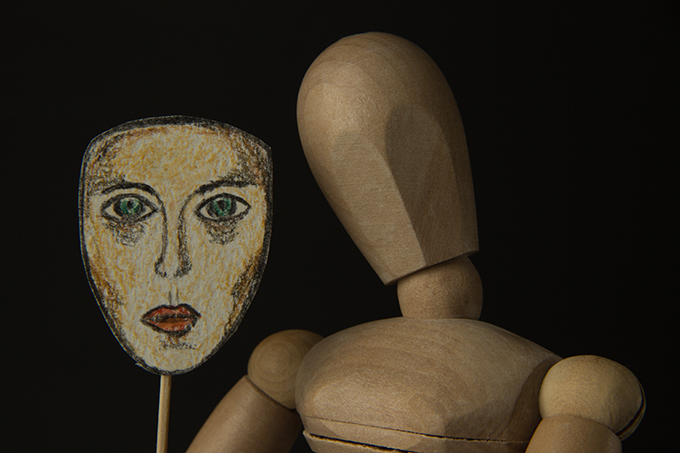Personality Disorders

Do you have very intense emotions that change quickly?
Do you find it very hard to maintain relationships or friends?
Do you contemplate self harm or have suicidal thoughts?
Do you struggle with trusting people?
Do you feel empty and lonely?
How we can help…
Personality Disorders – Adults
Suspicious:
- Paranoid Personality Disorder
- Schizoid Personality Disorder
- Schizotypal Personality Disorder
- Antisocial Personality Disorder
Emotional & Impulsive:
- Borderline Personality Disorder
- Histrionic Personality Disorder
- Narcissistic Personality Disorder
Anxious:
- Avoidant Personality Disorder
- Dependent Personality Disorder
- Obsessive-Compulsive Personality Disorder
If you do not meet the criteria for any of the above you may be given a diagnosis of personality disorder not otherwise specified. Your experience of living with a personality disorder is unique to you. Personality disorders are seen by some to be a controversial diagnosis and not everyone agrees with them. For a person who is living with a personality disorder diagnosis, the feelings and behaviours they experience and enact can be distressing and very difficult to live with. It is for them to make sense of their diagnosis and use the terms that they identify with.
